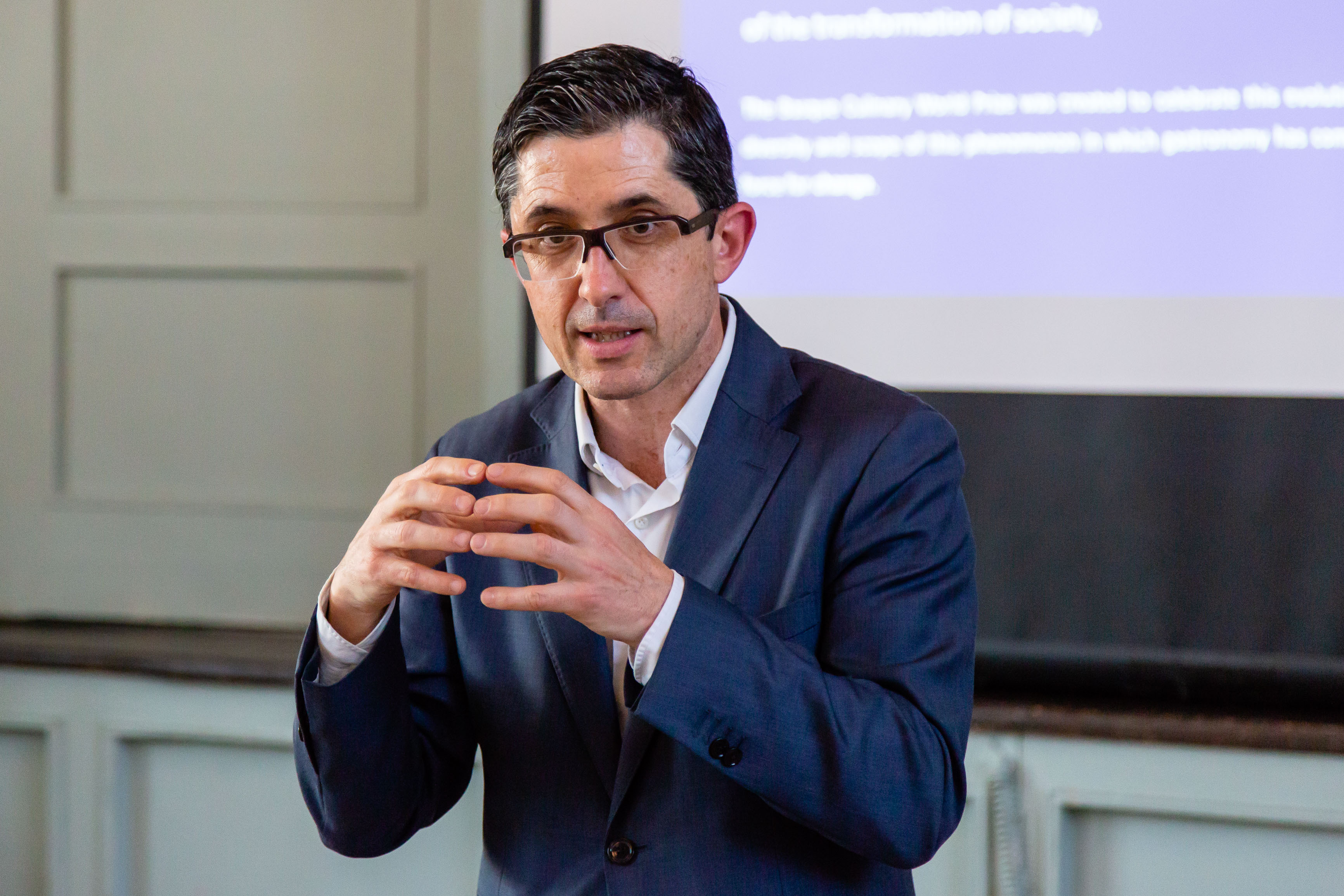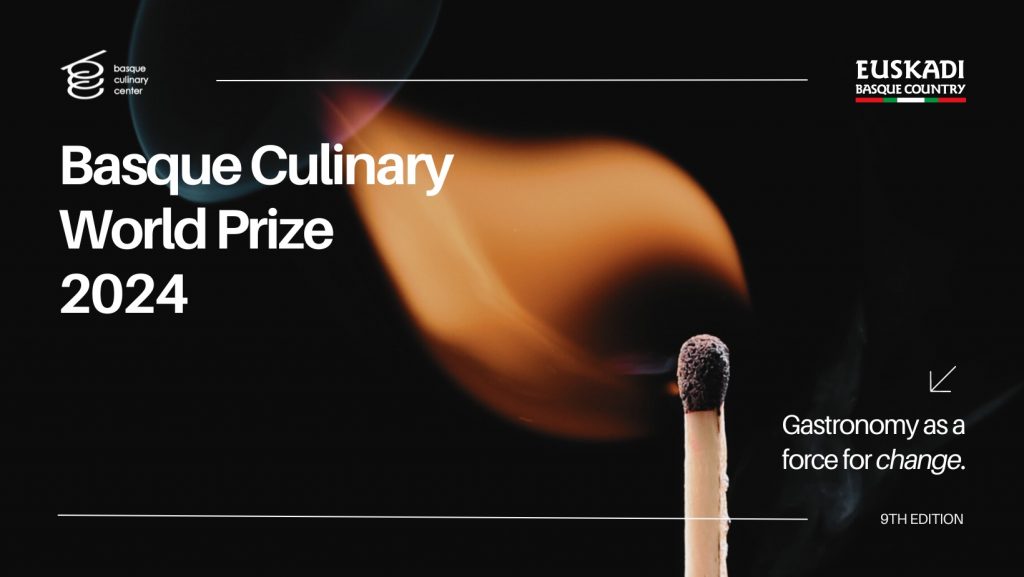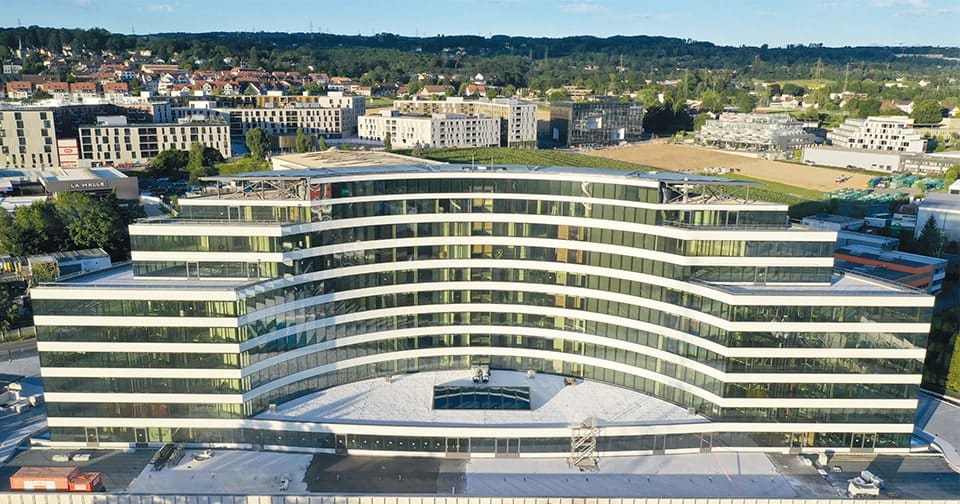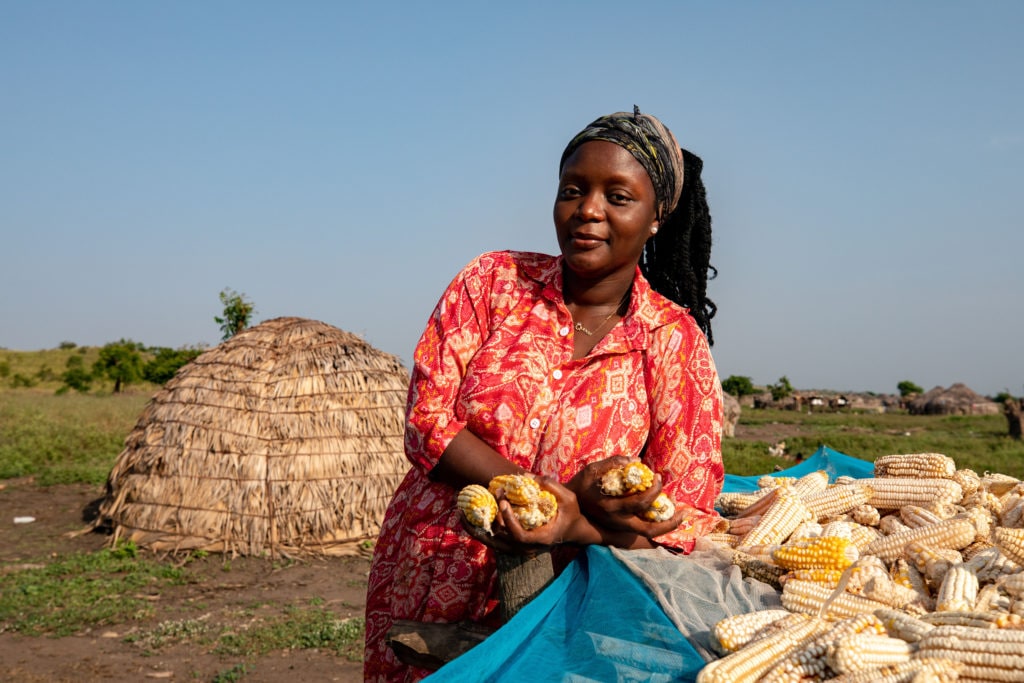
Nominations for the Basque Culinary World Prize close in two weeks – on 15 May. Now in its fourth year, the prize, created by the influential Basque Culinary Center (BCC) and the Basque government to celebrate chefs whose work has made an impact beyond the kitchen, has seen chefs collect the significant prize money to invest in social projects.
Director general of the BCC Joxe Mari Aizega and his team conceived the prize in 2016 as a way to highlight chefs’ work beyond the kitchen and as a way to affect change in society.
What’s the story behind the Basque Culinary World Prize?
We have an international board at the BCC, which is made up of a group of the most influential chefs in the world: they include Ferrán Adriá, Joan Roca, Gastón Acurio, René Redzepi and Heston Blumenthal. When we first convened them in 2010 [a year after opening BCC] they spoke about their culinary projects and it was very clear there was a social purpose in them.
We were thinking about the chefs of the future, how they could be involved in different challenges. There was this idea from the start and with time we started thinking about how we could promote the chefs taking action.
Chefs today are very influential, people listen to them – the prize wants to promote this idea of chefs taking action in different social challenges. Not only in social issues but also in education and technology, sustainability, health. That is the idea behind the prize.
It is a serious prize with a serious reward – €100,000 for the winner
From the beginning we thought if this prize wants to be serious the prize has to be serious. But it is not money for the chef; the money is to be invested in a transformative project. At the same time we want to say “this is important, because of the amount of money it is important”.
 What are the projects the prize has helped to fund?
What are the projects the prize has helped to fund?
We have had three winners so far. The first one, Maria Fernanda Yacoba di Giacobbe in Venezuela, works to empower women, working with kakao, by giving them education to become entrepreneurs. She invested the money in creating a new school and a new facility to amplify her contribution.
Leonor Espinosa who won in 2017, works with native communities in the Amazon – she has built a school and a restaurant and she is giving education and helping communities to transform their products.
The latest winner, Jock Zonfrillo, has also built some infrastructure to help aboriginal communities to transform their produce to sell it in Australia, to give them resources. At the same time he is working on a research project with the University of Adelaide to create a data base of all the aboriginal food culture.
Many times these projects lack infrastructure so that is where the prize money can help.
You’ve had some high quality nominees in the past – the fact that José Andrés missed out speaks to the calibre of the people you see nominated
José Andrés has had an incredible evolution in the last year. He is involved in so many challenges and complicated situations, but he is so committed. He is the example we look to.
What does it mean that the prize originates in the Basque country?
For me, gastronomy transformed the Basque Country, it was our way of transforming Basque culture and the Basque economy. If food and gastronomy can transform a country, that is the idea – let’s use gastronomy to transform society and the challenges it faces. We have examples of this in Basque Country, some chefs working with migrants others working with food waste but for me it is a more basic broader idea. The idea of transformation is in the origin of the prize.
Why do you think the chefs are drawn to acting outside the kitchen?
It is the moment we are living right now, I think this is happening in different sectors, not only in gastronomy. Chefs used to see themselves working in a restaurant and in a Michelin restaurant. That was the dream. Now it is much wider of course.
The younger generations have seen there is a possibility to contribute in a different way in gastronomy and, there are opportunities. It is not a fad, I think it is something that will stay. There are so many possibilities of being a successful chef and making a difference.
What do you hope to achieve with the Basque Culinary World Prize?
We want to discover new people, we are not looking for famous people. Not many people outside Colombia knew Leonor Espinosa before she won – three years ago she was known in Colombia and that’s it. And now she has received attention from the media and from the world. She is relevant in the world of gastronomy. It is nice to discover these chefs and help them get that relevance, media attention and recognition.
We want to promote this reality of chefs taking action – success would be that we come to see this as the normal way to develop gastronomy.
Tina Nielsen
For nominations, visit: basqueculinaryworldprize.com





